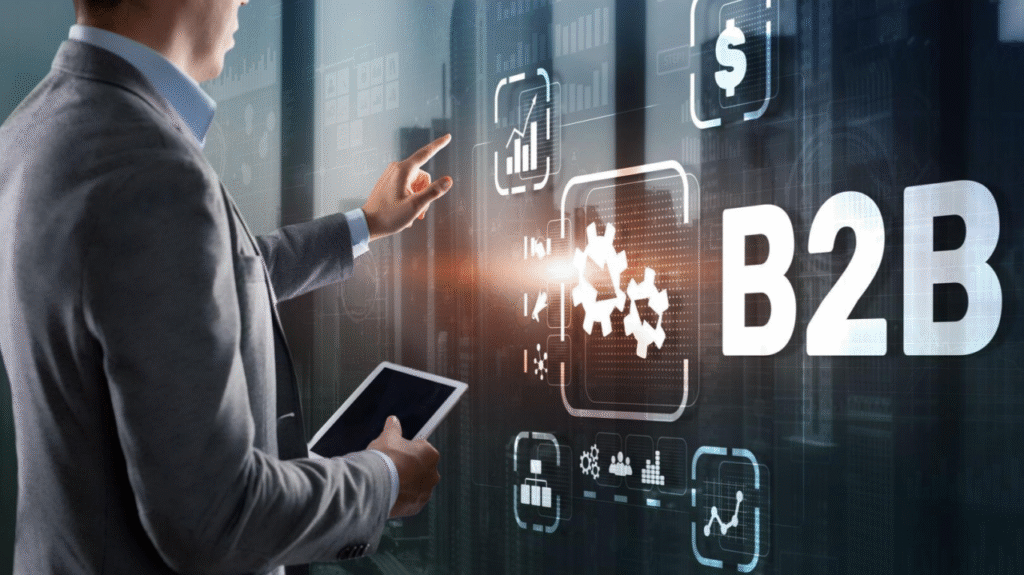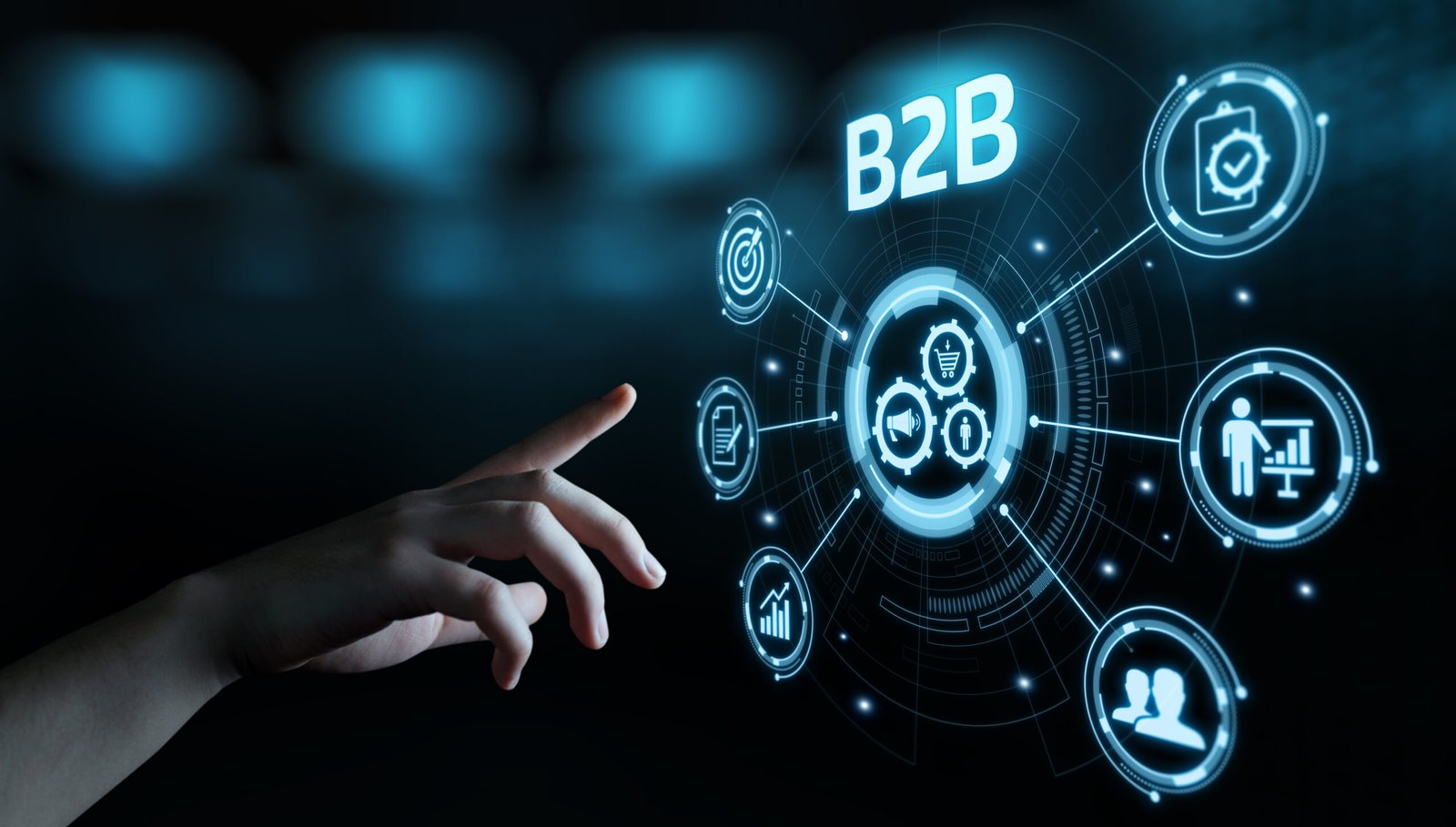In 2025, B2B lead generation is undergoing a significant transformation, driven by advancements in digital marketing. The integration of AI, the decline of third-party cookies, and the emphasis on personalized, data-driven strategies are redefining how businesses attract and convert leads.
1. The Rise of AI and Automation in Lead Generation
Artificial Intelligence (AI) and automation have become central to B2B marketing strategies. AI-powered tools analyze vast datasets to identify high-value leads, predict buyer behavior, and personalize outreach. For instance, Salesforce reports that 69% of high-performing sales teams utilize AI to enhance lead generation efforts. leadforensics.com
Marketing automation platforms streamline repetitive tasks, manage multi-channel campaigns, and provide insights into customer interactions. These tools enable businesses to nurture leads more effectively, ensuring timely and relevant communication throughout the buyer’s journey .
2. Embracing a Cookieless Future
With increasing privacy regulations and the phasing out of third-party cookies, B2B marketers are shifting towards first-party data strategies. This involves collecting data directly from user interactions on websites, emails, and other owned channels. By leveraging Customer Data Platforms (CDPs), businesses can unify data from various sources to create comprehensive customer profiles, facilitating more personalized and effective marketing campaigns. inboxinsight.com
3. Account-Based Marketing (ABM) as a Standard Practice
Account-Based Marketing has solidified its position as a leading B2B strategy. By focusing on high-value target accounts, ABM allows for tailored marketing efforts that resonate with specific business needs. In 2025, 87% of businesses report ABM as their highest-ROI strategy, with personalized campaigns achieving 50% higher engagement and 30% shorter sales cycles. inboxinsight.comsaleshive.com
4. Leveraging Intent Data for Proactive Engagement
Understanding buyer intent has become crucial in identifying and engaging potential leads. By analyzing online behaviors, such as content consumption and search patterns, businesses can gauge a prospect’s readiness to purchase. Integrating intent data into marketing strategies enables proactive outreach, ensuring that messaging aligns with the prospect’s current interests and needs. inboxinsight.com
5. The Dominance of Video and Interactive Content
Video content continues to be a powerful tool in B2B marketing. In 2025, 90% of marketers state that video helps generate leads, and 78% report it directly increases sales . Additionally, interactive content, such as quizzes and calculators, boosts engagement by 34% compared to static materials. saleshive.comvendedigital.com
6. The Impact of Generative AI on Content Creation
Generative AI is revolutionizing content creation by enabling the production of personalized and scalable marketing materials. Tools like Adobe’s Firefly services allow for rapid generation of on-brand assets, including videos and graphics, tailored to specific audience segments. This capability addresses the growing demand for content and enhances the efficiency of marketing teams. techradar.com
7. Social Selling and Influencer Marketing in B2B
Social selling has become an integral part of B2B strategies. Platforms like LinkedIn are pivotal, with 89% of B2B marketers using it for lead generation . Additionally, influencer marketing is gaining traction in the B2B space, leveraging industry experts to build credibility and reach targeted audiences.
8. Prioritizing Authenticity and Transparency
In an era where consumers are increasingly skeptical, authenticity and transparent communication are paramount. Brands that prioritize genuine interactions and provide clear, honest messaging are more likely to build trust and foster long-term relationships with clients.
Conclusion
The landscape of B2B lead generation in 2025 is characterized by technological advancements and a shift towards more personalized, data-driven approaches. By embracing AI, adapting to privacy-centric practices, and focusing on authentic engagement, businesses can navigate the evolving digital marketing environment and achieve sustained growth.









